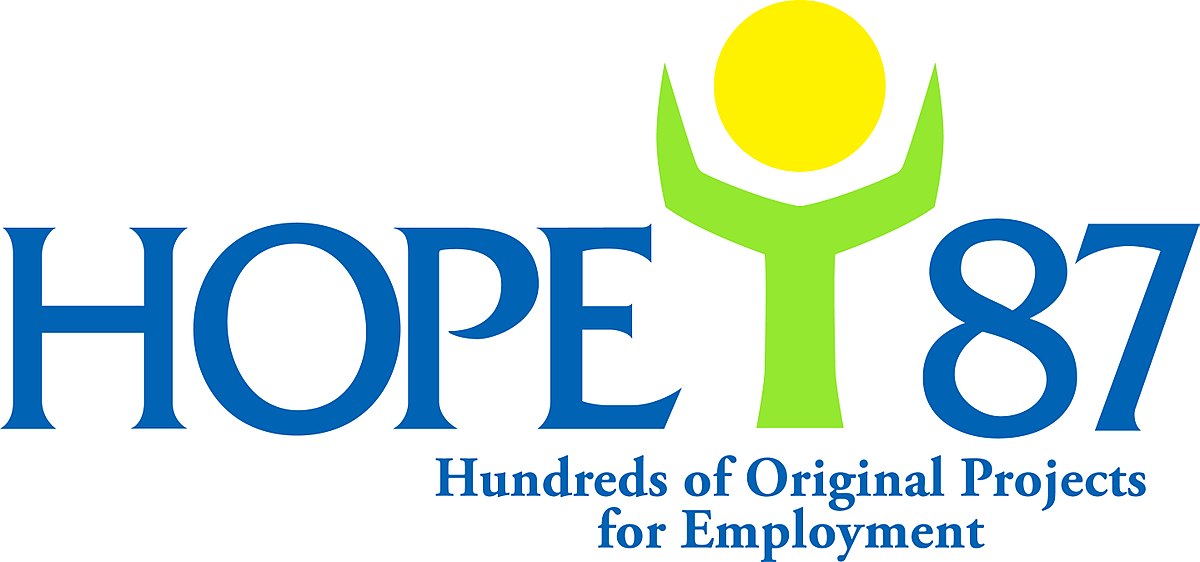Freedom of Religion or Belief
Preserving Equal Citizenship in Pakistan” focuses on encouraging the formulation and adoption of a strategy on religious tolerance and its large-scale acceptance among youth in Pakistan. The project was co-financed by EuropeAid, ADC and HOPE’87.
Building on the success and the knowledge gained through previous projects in the region, this project focused on the formulation and adoption of a strategy on religious tolerance and its large-scale acceptance among youth in Pakistan. The intervention was developed in close cooperation with the implementing partner FACES Pakistan and its vast network of CSOs working in this field.
The action was of a national nature and addresses the federal capital Islamabad and 4 provincial capitals Quetta, Peshawar, Lahore and Karachi. The population in Pakistan is predominantly Muslim 96.28% including Sunni 82% (Deobandi, Barelvi, Ahl-e-Hadith) and Shiite 15%, 1.59% Christians (about 2.8 Mio), 1.6% Hindus, 0.25% from scheduled castes and 0.07% from other religions including Sikhs, Baha’i, Parsi and Ahmadi (Census on religion 2004). Religious minorities regularly experience discrimination and violence (304 reported incidents January–July 2014). Promotion of exclusive and sectarian interpretations of religion especially among youth by religious leaders, drive conflicts threatening stability and peace.
In this context, the proposed action contributed to the implementation of the Supreme Court decision on the rights of non-Muslim citizens of 19 June 2014. In particular the action enhanced and collaborated with measures taken by the Federal Government of Pakistan, to respond to the following orders of the Supreme Court – in paragraph 37 of the judgement (i) the Federal Government should constitute a taskforce assigned with developing a strategy of religious tolerance; and (iv) a National Council for minorities’ rights be constituted.
Therefore, the three results are formulated as follows:
Result 1: A strategy of religious tolerance is available for adoption by the Federal Government
Result 2: Youth from different religions/faiths show tolerance, reciprocal respect and promote a culture of peace towards each other.
Result 3: Youth, political and religious leaders and local authorities jointly are able to positively influence local public and private initiatives and actions for religious tolerance.
Project Type
Development Project, Other social infrastructure and services
Project Duration
01/01/2016 to 31/12/2018
Status
Completed
Country
Pakistan
Region
Islamabad Capital Territory, Balochistan, Khyber Pukhtunkhwa, Punjab and Sindh Provinces, Areas/Towns: Islamabad, Quetta, Peshawar, Lahore, Karachi
Donor(s)
European Commission (EC), Austrian Development Cooperation (ADC), HOPE'87
